No products in the cart.
Attachment therapy & Bonding for children and Adults
Attachment therapy is a form of psychotherapy that focuses on strengthening attachment bonds between individuals, typically children and their caregivers, but also adults in various relationships. The goal of attachment therapy is to promote secure attachment styles, enhance emotional regulation, and improve interpersonal relationships.
Here are key aspects of attachment therapy for both children and adults:
**Attachment Therapy for Children:**
1. **Early Attachment Formation:** Attachment therapy for children often begins with addressing disruptions or deficits in early attachment relationships, such as insecure attachments resulting from neglect, abuse, or inconsistent caregiving.
2. **Play Therapy:** Play therapy techniques are commonly used to help children express and process their emotions, experiences, and attachment needs in a safe and supportive environment. Play is considered a natural medium through which children can explore and communicate their inner world.
3. **Attachment-Focused Interventions:** Therapists may use specific interventions aimed at promoting secure attachment, such as caregiver-child bonding activities, empathic attunement, and nurturing interactions designed to foster trust and emotional connection.
4. **Trauma-Informed Approaches:** Many children receiving attachment therapy have experienced trauma or adverse childhood experiences. Therapists integrate trauma-informed approaches to address the impact of trauma on attachment, emotional regulation, and behavioral functioning.
5. **Parent-Child Relationship Enhancement:** Attachment therapy often involves working collaboratively with caregivers to enhance their sensitivity, responsiveness, and attunement to their child's emotional and relational needs. This may include providing parenting education, guidance on attachment-focused caregiving practices, and support in repairing ruptures in the parent-child relationship.
**Attachment Therapy for Adults:**
1. **Exploration of Attachment Patterns:** Attachment therapy for adults involves exploring their attachment patterns and how they influence their relationships and emotional well-being. This may include identifying attachment styles (secure, insecure, anxious, avoidant) and understanding their origins and impact on adult relationships.
2. **Emotional Regulation Skills:** Adults in attachment therapy learn strategies to regulate their emotions and manage attachment-related anxiety, insecurity, or avoidance. This may involve mindfulness techniques, emotion regulation exercises, and cognitive-behavioral strategies to challenge negative beliefs and patterns of relating.
3. **Interpersonal Skills Training:** Therapists help adults develop and strengthen interpersonal skills necessary for healthy attachment relationships, such as effective communication, boundary-setting, empathy, and assertiveness.
4. **Repairing Attachment Wounds:** Attachment therapy provides a space for adults to explore past attachment wounds or relational traumas and work towards healing and resolution. Therapists support clients in processing and integrating difficult emotions, fostering self-compassion, and developing a secure internal working model of relationships.
5. **Relationship Counseling:** Attachment therapy may involve couples therapy or family therapy to address relational dynamics, improve communication, and foster secure attachment bonds within adult relationships.
Overall, attachment therapy aims to promote secure attachment bonds, enhance emotional resilience, and improve relational satisfaction and well-being for both children and adults. It emphasizes the importance of secure attachment as a foundation for healthy development and fulfilling relationships across the lifespan.

